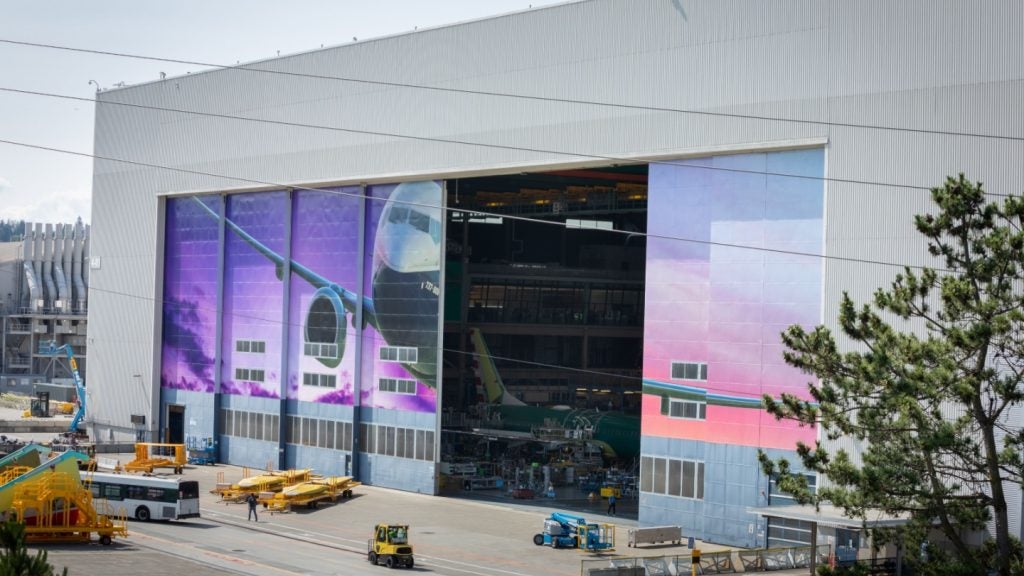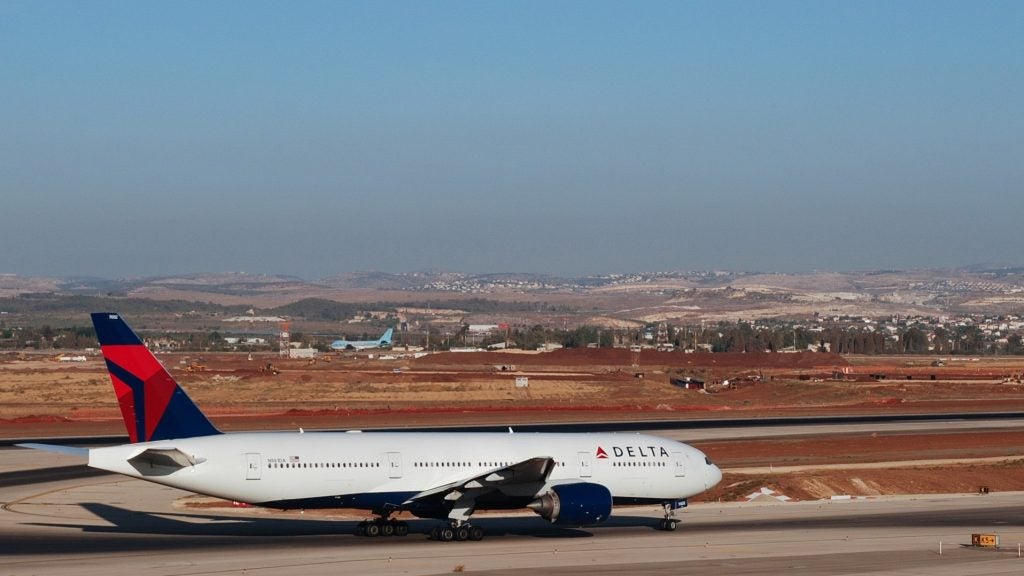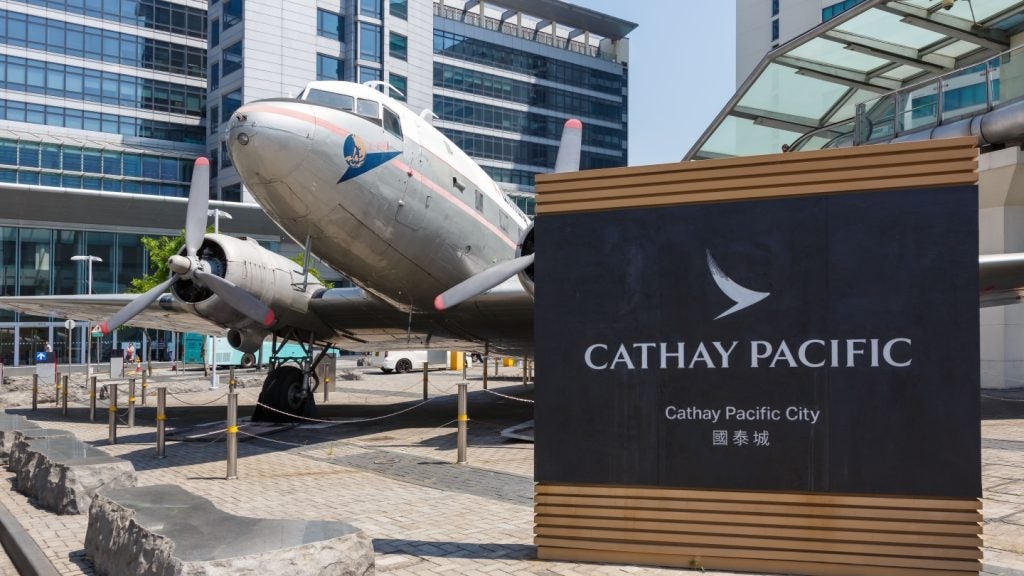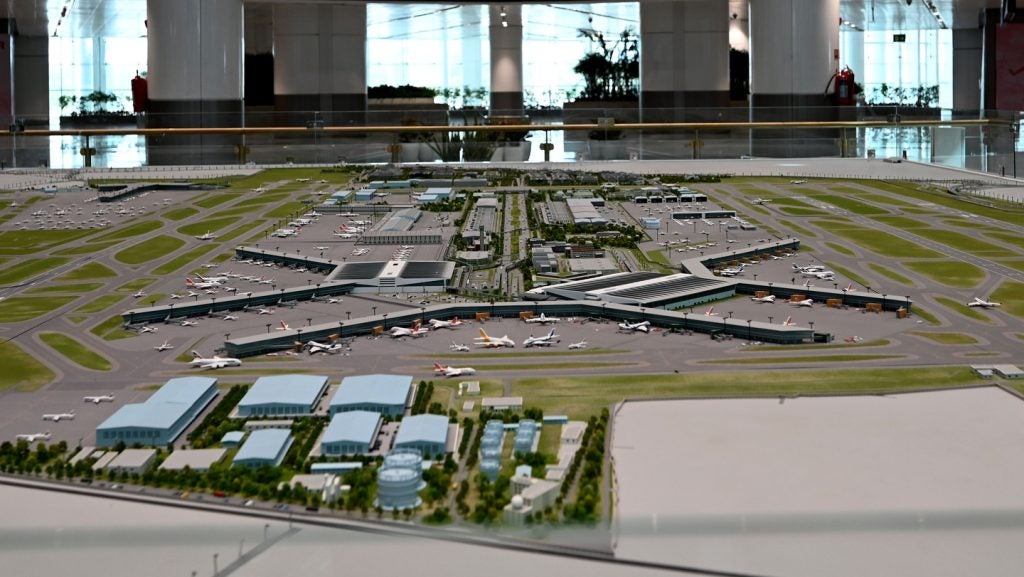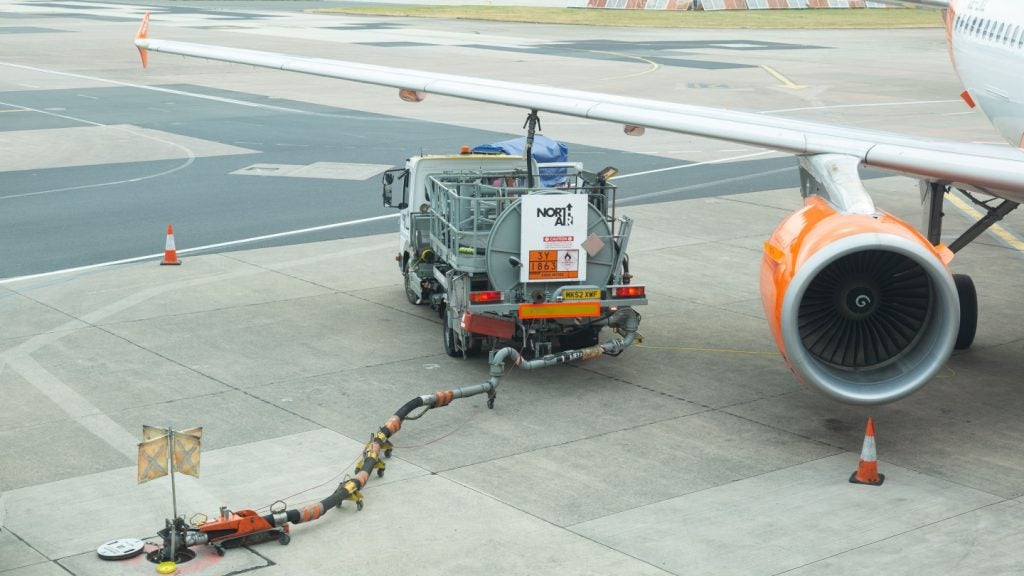The Federal Aviation Administration’s (FAA) audit of Boeing’s 737 MAX production line found the process failed 33 of the 89 tests conducted, including the check involving the door plug component that was blown out during an Alaska Airlines flight in January.
The six-week audit, which also included a review of the processes at supplier Spirit AeroSystems that failed seven of 13 tests, found that some technicians working in production did not appear to have the necessary knowledge for the operation of the processes involved.
While the FAA had previously described “systemic” issues discovered by the audit, a report by the New York Times revealed further information about the problems uncovered, including the use of liquid dish soap as a temporary lubricant on a door seal.
Investigators also reportedly saw a mechanic at Spirit use a hotel key card to test a door seal and said instructions were “vague and unclear” on what steps are to be taken or recorded by employees.
Boeing has been given 90 days to respond to the audit with an action plan, with CEO Dave Calhoun saying that the company has a "clear picture of what needs to be done" to address concerns about its quality control.
The details of the FAA’s audit are the latest in a long list of criticisms mounted at Boeing in the aftermath of the blow out incident, including an investigation by the US Department of Justice and another report by the FAA that found the implementation of safety culture at the manufacturer to be “inadequate”.
Additionally, the National Transportation Safety Board’s (NTSB) preliminary report into the causes of the incident found that the affected door plug was likely missing four key safety bolts when the 737 MAX 9 it was installed on left Boeing’s factory in Renton, Washington.
Whistleblower death
Separately, the manufacturer has also expressed sadness at the death of a former employee who had been giving evidence in a whistleblower lawsuit against Boeing after he expressed concern the assembly process for new aircraft was being rushed.
John Barnett, a former quality manager for Boeing’s 787 Dreamliner programme in North Charleston, South Carolina, was found with “self-inflicted” wounds in a hotel car park. He had failed to appear in court for cross-examination as part of his lawsuit alleging denigration of his character by his former employer.
Barnett previously revealed concerns about sub-standard parts being fitted to aircraft on The Boeing production line, including oxygen systems that allegedly could have meant a quarter of breathing masks on an aircraft would not have worked in an emergency.
Boeing had denied Barnett’s claims, including that no action had been taken after he alerted managers of his concerns, but a review by the FAA in 2017 upheld some of his claims such as that some defective parts went missing in the factory.


